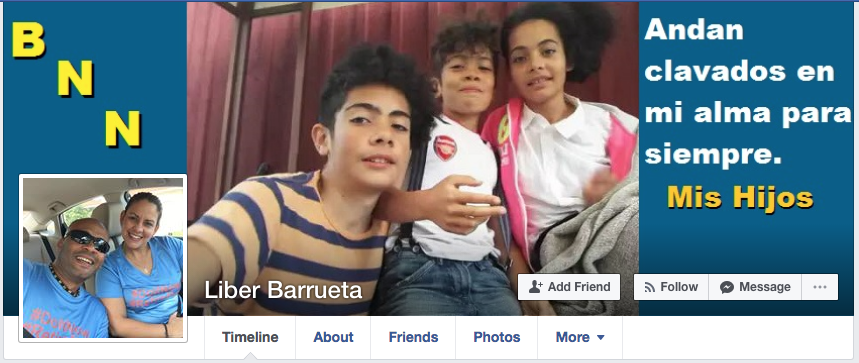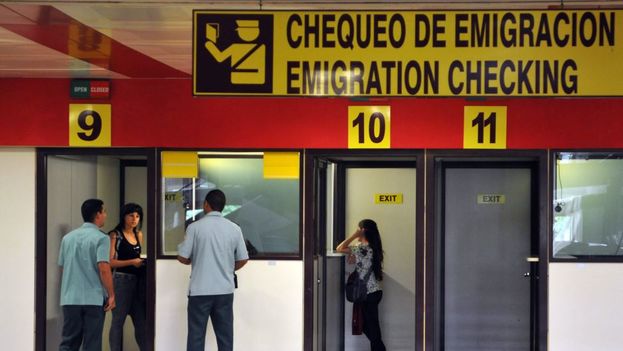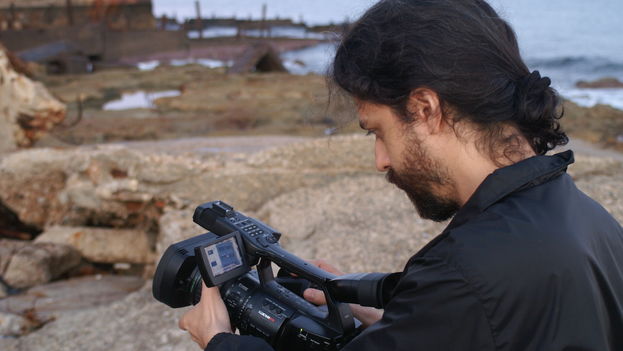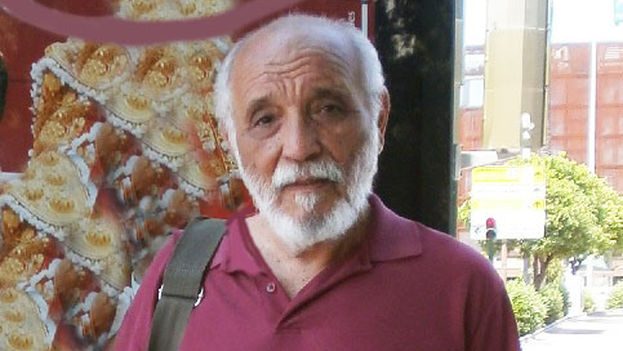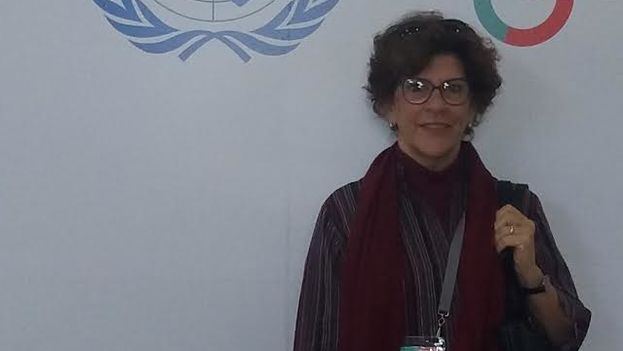Regina Coyula, 8 December 2017 — According to the World Intellectual Property Organization (WIPO), intellectual property is “any property that, by mutual agreement, is considered to be of an intellectual nature and worthy of protection, including scientific and technological inventions, literary or artistic productions, trademarks and distinctive signs, industrial designs and geographical indications.”
The protection umbrella covers both the most traditional works and those associated with new technologies: multimedia productions, databases or computer programs. It is assumed that the protection of copyright encourages creativity and favors cultural and social development. The absolute character of this assertion is stubbornly defended by those who defend free culture. continue reading
We will leave aside trademarks, patents and everything related to the protection of industrial property to place the focus on the artistic creation protected by copyright. In particular, we will look at the way in which this creation is disseminated and/or shared, as this is a current issue that has peculiar characteristics in Cuba.
Cuba is a signatory to the Berne Convention amended in 1979. The Cuban copyright law dates back to 1977 with modifications through decree-laws that continue into the first years of the past decade. Intellectual property and copyright issues are taught not only in the School of Law, but in the Higher Institute of Art (ISA), the Higher Institute of International Relations (ISRI) and the School of Social Communication. The updating of the law is an imperative to adapt it to the changes of the digital age.
In practice, there is an exemplary zeal for the protection of Cuban intellectual property in the international arena, which contrasts with the laxness in respecting the intellectual property of others that has prevailed within our borders.
Restrictions on access to quality information in the scientific-technical field meant that in the 60’s publications such as Scientific American, Science or Science & Vie were reproduced without consultation to be sent to the archives of the documentation centers of different organs of the State including its education and research centers.
In the 80s, with the rise of videos in Betamax format, now obsolete, Omnivideo, a company affiliated with the CIMEX Corporation, sold unauthorized copies of film in hard currency stores. On the other hand, it is usual practice for Cuban television to reproduce materials while hiding the logo of the channel from which they were taken.
All these practices have tried to justify themselves ethically with the argument of “breaking the blockade,” but leave out the deeper discussion that reveals the illogical contrasts already discussed. Copyright is not only the protection of the right of the owners, it is also the creation of a favorable scenario for art, knowledge, science and culture to circulate. The legal framework should reflect that balance, a only then can a society exploit and take advantage of technological advances.
The rights of copyright holders and the fight against piracy
There are many groups that defend piracy for having been the instrument for knowledge, culture and science to be democratized. It is argued that the United States only became protective of copyright when it developed its own cultural industries after having widely pirated British works.
However, during the last decades, international treaties reflect a protectionist regulatory trend that pressures countries to strengthen their legal protection mechanisms. As Cuba enters into the logic of the market economy, record sellers, who fill their devices with all kinds of material protected by copyright, will be up against the awareness that they are encouraging an illegal activity.
It is important to recognize that, as in most underdeveloped economies, pirated discs and other digital media, both outside legal distribution networks, continue to be the largest form of access to recorded music and movies.
While the prices of legitimate CDs of Cuban music vary between 15 and 25 convertible pesos, the same CD in an alternative market costs no more than three. In the Cuban case, the knowledge of how The Weekly Packet works and is distributed , serves to understand the internal dynamics.
The internet is practically non-existent in Cuban society. Few people can have a home connection and public ones are irregular and still very expensive. This favors the coexistence of recorded discs, USB memories and portable discs due to the high number of CD/DVD players that still exist in the country.
Everything points to the fact that this model must change. If bilateral relations with the United States are regularized and/or the trade embargo laws against Cuba are weakened, the unrestricted use of protected material is put into perspective.
Those who manage the aforementioned Weekly Package, increasingly, have been including commercial advertising from the island’s the emerging private sector. This could allow them a relatively smooth fall when it becomes a punishable offense to transfer products protected by copyright, giving them the option of converting into cpmpanies supported by companies.
For those who sell discs, the road will be different. The desire to legitimize will generate initiatives such as agreements with local artists to function as distributors of their material. Thus they may become like their peers in Ecuador or Bolivia, former sellers of pirated production, many of whom reconverted due to the joint effort of the interested institutions and the Government, thus becoming merchants that pay taxes and pay national artists for sales. As a result, the costs of music CDs have been lowered and there is support for the promotion of the national market and a legal status of the vendor, previously nonexistent.
Cuba must start thinking about the transition. How can an internal market be supported by keeping the jobs and income that are being created and allowing the owners to receive income from the exploitation of their work? This is the commercial edge.
However, as in the rest of the countries, no legislation could foresee the change that the popularization of the information and knowledge through the Internet would bring, with both the positive and negative aspects it would entail. It is inevitable to rethink this given the new way in which information travels, while the right to access protected content is permeating popular consciousness.
Free Culture
The spread of knowledge that uses digital technology where the cost of reproduction is close to zero, translates into a jump in the level of access to information and culture never before seen in a proportion never imagined. It is inevitable that people affect others and are affected by the opinions and knowledge that, in massive quantities, are shared in social networks, and in digital publications 2.0, where anyone can leave a comment.
The internet, but above all the philosophy of free software, have led to the appearance of categories such as copyleft (a word game xpressing the opposite of copyright), or Creative Commons, both related to free culture . The popular Wikipedia is a collaborative creation par excellence.
This ability of the Internet and digital technology to widely distribute content clashes with the central premise of copyright, which requires asking to ask permission to use it. In the search for legal mechanisms that allow people to take advantage of these characteristics, the philosophy of free software that rests on copyleft licenses and modifies the effect of the legal model of copyright is reasserted.
In copyleft licenses, ownership is used to grant very broad permits to other people in the use of the protected material with only one condition: if what is done with the material is to modify it for a derivative version, the license must be maintained in the new material, so that the broad reuse effect is perpetuated.
Inspired by these ideas, Creative Commons licenses emerged at the beginning of the 21st century, presented as a series of six licenses, a kind of menu from which creators can choose, giving more or less permission to reuse their work.
The development and promotion by the state by these open licenses that are associated with the idea of free culture promotes a series of initiatives where the commercial aspect is displaced. Instead, the role is to take advantage of technology to widely distribute the contents. For example, open educational resources, an initiative of important educational institutions to share all of their teaching materials endorsed by UNESCO, has been adopted by many academic institutions and promoted by governments such as those of Poland or the USA.
On the other hand, at the economic and political peripheries, in this arena, piracy has a very well established role as a development strategy that facilitates the circulation of knowledge goods. Piracy also has a clear political role as a counterweight to the centralized control of information, either by the State or by private interests.
The flexibilities of copyright, science and culture
The issue of the broadest access to protected works cannot be left only to the will of the people. Copyright, in its own architecture, has weights and counterweights. As a balance mechanism for the privileges of those who create works, the copyright rules provide that, once the term of protection expires, the works enter the public domain and the author can no longer control commercial exploitation (moral rights are perpetual). Thus, anyone can reuse the works without asking permission.
Additionally, during the term of protection (in Cuba it is 50 years), the law recognizes exceptional cases. Given conditions that are often very restrictive, people can reuse protected works without asking permission, because the knowledge and culture of society is considered to navigate through them. That is why works can be “quoted, parodied or used for academic purposes.”
International treaties have effectively generalized the protection of owners, but have left it up to the States to legislate exceptions. This has led, especially in developing countries, to lists that tend to be limited and very restrictive. Contrast, for example, the United States, where, beyond closed lists, there is an open clause that allows courts to use broader criteria to analyze if the use of a work without authorization of the owner can be considered as fair, and, therefore, does not violate the copyright.
As Cuba enters the international market, the pressures will be to comply with the protections. If it does not do so in balance with the right of people, there will be serious problems of access to knowledge, science and culture, as well as other rights. Cuban law has very little flexibility and does not even meet the needs of the pre-Internet age.
Let’s look at a single example to demonstrate the problem. It is usual in the laws of copyright to contemplate exceptions to use current news without it being considered a violation of copyright. The news media in the world reproduce, for example, the images of the last terrorist attack without fear of being sued by the local newscast that obtained them. This is not possible in Cuba and forces information providers into illegality. Current information is exceptional and any law must recognize its use beyond copyright.
In sum, the debates about the limits between sharing knowledge and protecting intellectual property have only just begun. Discussing, analyzing local effects and proposing a balanced legal framework is an obligation that can not be postponed by the interested parties in Cuba.
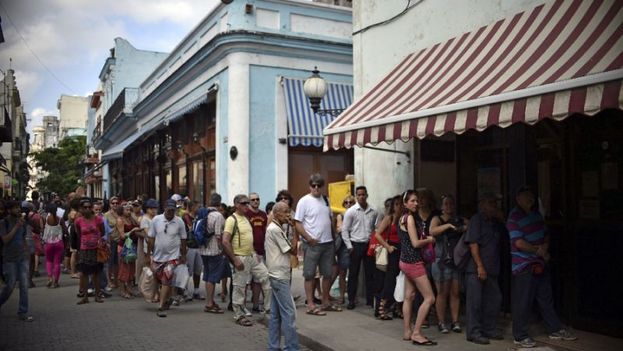





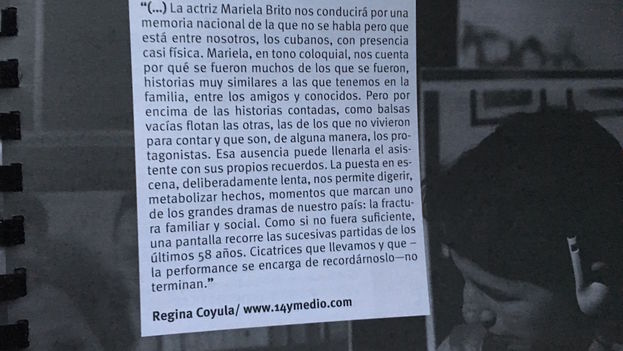
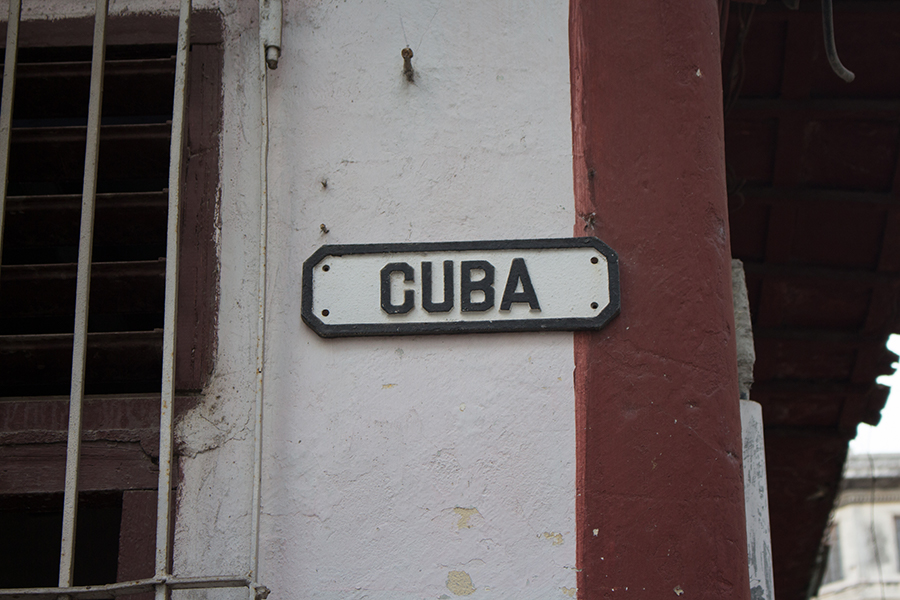 Regina Coyula (Report from the Ooni Team) — Last May, members of the Open Observatory of the Network Interference Project (Ooni), traveled to Cuba and performed a series of tests measuring the performance of the internet at eight connection points in Havana, Santa Clara and Santiago de Cuba, with the goal of measuring the censorship of the internet.
Regina Coyula (Report from the Ooni Team) — Last May, members of the Open Observatory of the Network Interference Project (Ooni), traveled to Cuba and performed a series of tests measuring the performance of the internet at eight connection points in Havana, Santa Clara and Santiago de Cuba, with the goal of measuring the censorship of the internet.